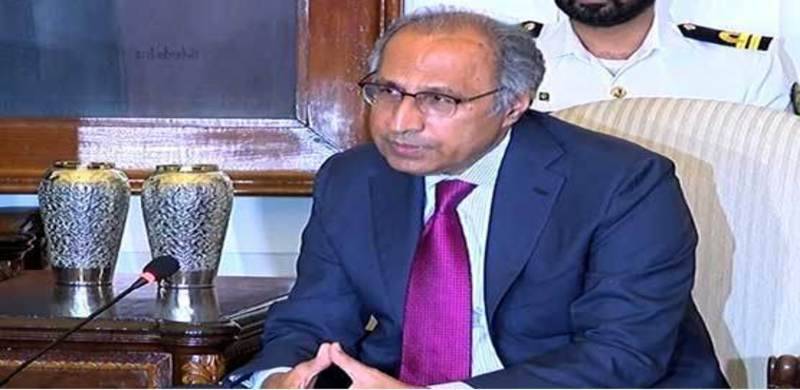
Advisor to the Prime Minister on Finance, Dr. Abdul Hafiz Shaikh said that Pakistan aims to return to the global bond market after the country has successfully secured an International Monetary Fund bailout of $6 billion.
The defacto finance chief said that Pakistan will be floating Eurobonds, Sukuk, Chinese renminbi bonds in the following financial year.
Bloomberg quotes Shaikh saying,
“The economy was in pretty bad shape,” Shaikh, who led the team negotiating with the IMF, said in Islamabad. “The idea was to shore up the external front. We have been able to mobilize resources.’’
It is pertained to mention here that Prime Minister Imran Khan has already reached out to allies including Turkey, Malaysia, UAE, Saudi Arabia, and China. In an attempt to revitalize the economy, the country has somewhat gained financial ground in recent months. The IMF bailout will further help Pakistan to return to the international market.
According to Bloomberg, the last time Pakistan hit the bond market was in November 2017 and was able to raise up to $2.5 billion.
"We have taken some tough decisions and will continue to do so,’’ said Shaikh, while referring to staggering inflation numbers, utility hikes, and higher interest rates."
“We’re trying to focus on the business side and have realized that the private sector needs to play its role,” said Shaikh. All this can help Pakistan “to avoid a debt trap,” he said.
The incumbent government has further decided to pursue a free-floating exchange rate determined through market dynamics rather than a managed rate previously.
The defacto finance chief said that Pakistan will be floating Eurobonds, Sukuk, Chinese renminbi bonds in the following financial year.
Bloomberg quotes Shaikh saying,
“The economy was in pretty bad shape,” Shaikh, who led the team negotiating with the IMF, said in Islamabad. “The idea was to shore up the external front. We have been able to mobilize resources.’’
It is pertained to mention here that Prime Minister Imran Khan has already reached out to allies including Turkey, Malaysia, UAE, Saudi Arabia, and China. In an attempt to revitalize the economy, the country has somewhat gained financial ground in recent months. The IMF bailout will further help Pakistan to return to the international market.
According to Bloomberg, the last time Pakistan hit the bond market was in November 2017 and was able to raise up to $2.5 billion.
"We have taken some tough decisions and will continue to do so,’’ said Shaikh, while referring to staggering inflation numbers, utility hikes, and higher interest rates."
“We’re trying to focus on the business side and have realized that the private sector needs to play its role,” said Shaikh. All this can help Pakistan “to avoid a debt trap,” he said.
The incumbent government has further decided to pursue a free-floating exchange rate determined through market dynamics rather than a managed rate previously.
